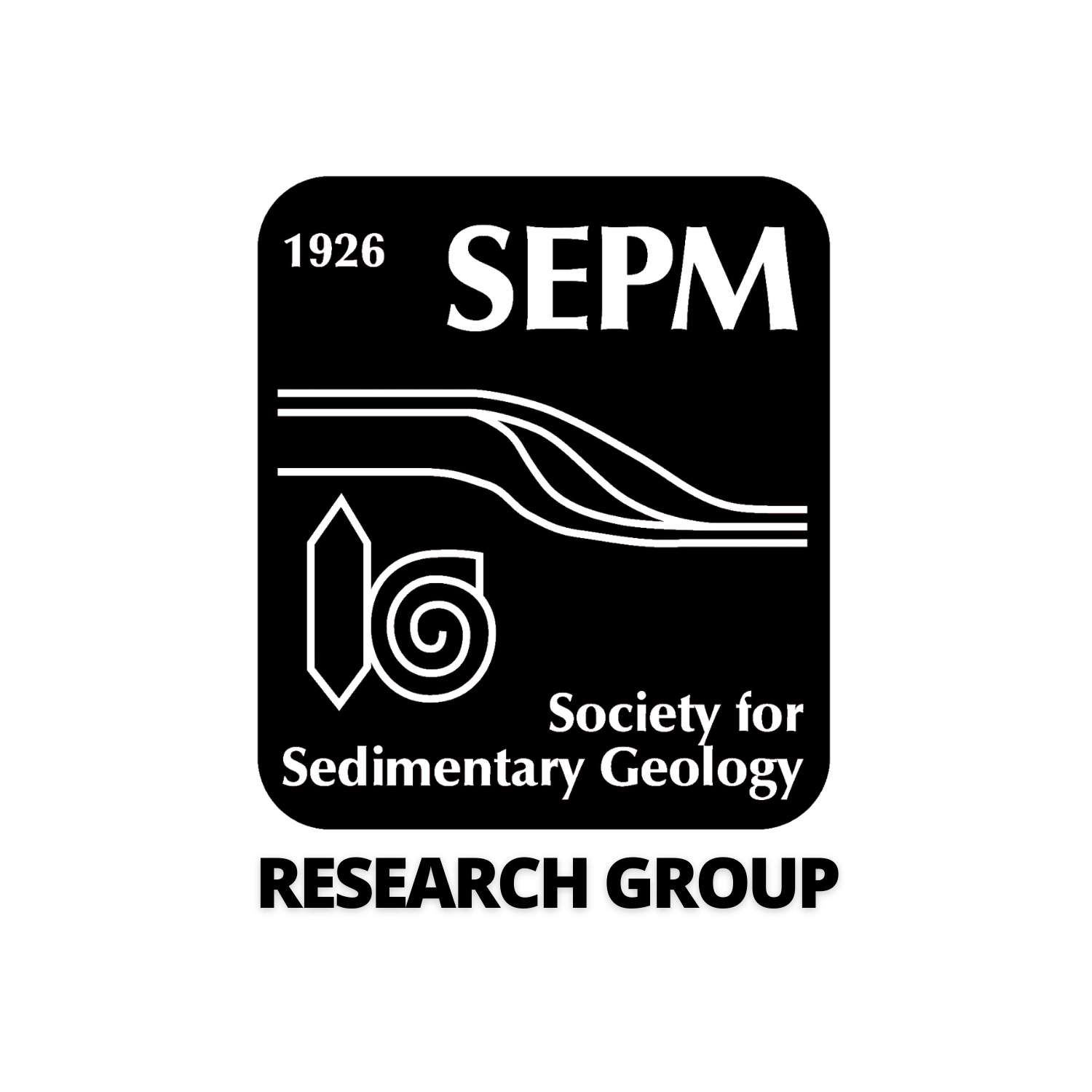SEPM Research Groups
Special Research Groups at SEPM
SEPM Research Groups (RGs), are assemblies of scientists with common research interests. These groups often consist of scientific subject-matter experts who collaborate to share scientific research, determine best practices and consensus standards for their area of study.
While each SEPM Research Group has a unique charge and mission, the overarching goal is to connect like-minded scientists over a specific field within the world of sedimentary geology. Some RGs exist due to a strong contingent of the field being represented, such as our Carbonate RG. Other groups evolve as new scientific trends arise, such as through our newly developed Planetary Sedimentology RG.
What are the benefits of joining a Research Group?
Benefits of joining a Research Group vary based on the membership and leadership involved, but common activities and advantages include:
- Networking and mentorship by scientists within your specific scientific area of interest
- Custom events both in-person and online to learn and collaborate
- Topic-specific resources shared via the web or research group email listserv
- Source for topics for Research Conferences and Special Publications
These groups also serve a valuable role in representing the interests of their membership to SEPM staff and Council leadership.
No matter the reason or focus, at SEPM, we provide the opportunity for any SEPM member to propose a new Research Group or of course to join an existing one.
What areas of research do Research Groups currently support?
SEPM currently supports five different active research groups. Click through each of the groups below to learn more about their current work and research, or contact their group organizers.
- Carbonate
- The carbonate research group focuses on carbonate rocks, namely limestones and dolomites. Discussions include trends in facies modelling, isotope geochemistry, carbonate mineralogy, non-marine carbonate depositional environments and carbonate deposition and diagenesis.
- Clastic Diagenesis
- The clastics diagenesis research group focuses on the chemical and mineral changes in clastic rock, especially those affecting porosity and permeability.
- Coast and Shelf Research Group
- The coast and shelf research group focuses on the sedimentary processes and products of modern and ancient coastal to shelfal environments developing on Earth and other planetary bodies, including ocean, sea, and lake nearshore areas.
- Deepwater Deposition
- The fluvial sedimentology research group focuses on all aspects of deepwater deposition from submarine fans to mass transport deposits.
- Fluvial Sedimentology
- The deepwater deposition research group focuses on the processes and deposits of modern and ancient rivers.
- Micropaleontology organized by SEPM NAMS
- The micropaleontolgoy section covers all aspects of micropaleontology through application, research and education dealing with morphology, biostratigraphy, ecology/paleoecology, and geologic history of all groups of microfossils occurring in the stratigraphic record. It also covers a diverse array of microfossils groups, including foraminifera, ostracodes, nannofossils, palynonmorphs, radiolaria, diatoms, and silicoflagellates. NAMS serves as a center point for these many fields of study and provides a venue for exchange of information among micropaleontologists in academia, industry, and government.
- Planetary Sedimentology
- The planetary sedimentology research group focuses on focus on modern and ancient surface processes on different planets and moons. This is a new research group recently founded this year with SEPM.
Past Research Groups
- Bedforms & Bedding Structures
- Computer Technology
- Eolian Sediments & Processes
- Evaporites
- Geosystems
- Hydrogeology and Environmental Geology
- Stable Isotopes
- Trace Fossils
- CRER (Cretaceous Resources Events & Rhythms)
- Paleosols
- Sequence Stratigraphy
How do I financially support a Research Group?
SEPM Research Groups are free to participants. When these groups meet in person or virtually there are expenses involved (Virtual software, room rental, AV and catering etc.), you can help offset those expenses by donating to your favorite group.
How do I get involved with a Research Group?
SEPM Research Groups are led by volunteer organizers. Take a look at the relevant RG you are interested in and contact them directly to be added to the topic-focused email list and learn about specialized upcoming events.
How do I create a Research Group?
Any member can propose a Research Group by contacting Howard Harper. Research Groups are considered "active" if they have met within the last two years. Past research groups may be reactivated if there is renewed interest. Several Research Groups have been continually active for decades; others have gone from active to inactive several times.





